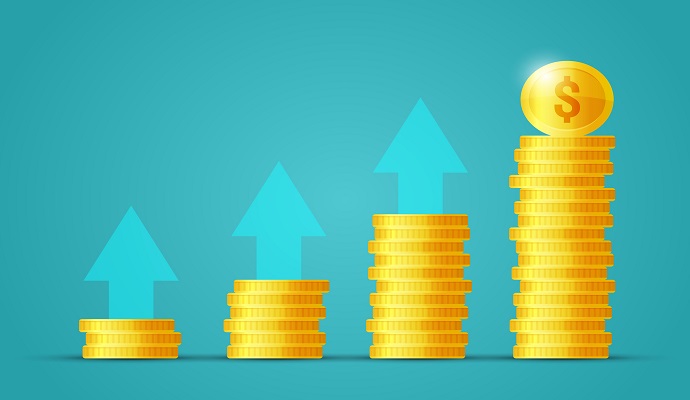ICER Raises Pricing Recommendation for COVID-19 Drug Remdesivir
The price hike comes over a month after ICER used two different pricing models and determined that the antiviral and COVID-19 drug remdesivir could be priced at $4,500.

Source: Getty Images
- The Institute for Clinical and Economic Review (ICER) suggested that Gilead Sciences antiviral remdesivir could be priced up to $5,080 per course based on benefits shown in COVID-19 patients, according to a new press release.
For more coronavirus updates, visit our resource page, updated twice daily by Xtelligent Healthcare Media.
ICER’s latest suggested price was far above its prior recommendation and said the change stemmed from recent clinical data, updated cost estimates, public comments, and interactions with Gilead.
For example, remdesivir has proven to reduce hospital stays by 31 percent compared to a placebo in a clinical trial released in late April.
Previous pricing recommendations for remdesivir, which is an antiviral medication developed by Gilead, said the drug should be nearly $4,500, although the costs of production for repurposed COVID-19 drugs ranged between $0.30 and $31 per treatment course, which was between ten and 28 days, and minimum costs of production were $0.93 a day for remdesivir.
More recent data suggests better extended life and improved quality of life performance with remdesivir when used to treat COVID-19 patients, resulting in a higher price tag this time around.
However, group did find that a potential cheaper alternative for COVID-19 patients. ICER reported a price range of $2,520 to $2,800 if steroid dexamethasone were to be cleared for use in COVID-19.
The steroid was found to reduce death rates in severely ill patients in a study earlier this month.
Gilead said it was reviewing the full report by ICER to understand what factors were considered.
"Post-donation, we are committed to making remdesivir both accessible and affordable to governments and patients around the world," a Gilead spokesman said in an email to Reuters.
But what could Gilead charge for remdesivir in the US after its pledged donations are used up? Experts noted that Gilead would need to avoid the appearance of taking advantage of a health crisis for profits.
Wall Street analysts believe the drug could bring in billions of dollars in revenue in the near future if the pandemic continues, according to the Reuters report.
Most recently, Gilead said it expects to be able to supply enough remdesivir by year-end to treat more than 2 million COVID-19 patients.
The company signed licensing agreements with a bevy of Indian drug makers including Cipla Ltd and Hetero Labs Ltd.
Cipla's version of remdesivir is priced at 5,000 Indian rupees, which translates to $66.09, while Hetero Lab's version is priced at 5,400 rupees ($71.38).
With remdesivir showing great promise as a potential COVID-19 drug since the start of the pandemic, FDA granted emergency use authorization to Gilead for the drug back in May.
The EUA allowed for remdesivir to be distributed in the US and administered intravenously by healthcare providers, as appropriate, to treat COVID-19.
The EUA was based on data from two global clinical trials, the National Institute for Allergy and Infectious Diseases’ placebo-controlled Phase 3 study in patients with moderate to severe symptoms of COVID-19 and Gilead’s global Phase 3 study.
Gilead’s study found that using remdesivir as a COVID-19 treatment for severe coronavirus patients produced positive results. Severe patients receiving a ten-day treatment of remdesivir achieved similar clinical improvement compared with those taking a five-day treatment course.
Clinical improvement for 50 percent of patients was ten days in the five-day treatment group and 11 days in the ten-day treatment group, researchers stated.
Over half of patients in both treatment groups were discharged from the hospital by day 14. At day 14, 64.5 percent of patients in the five-day treatment group and 53.8 percent of patients in the 10-day treatment group achieved clinical recovery.
